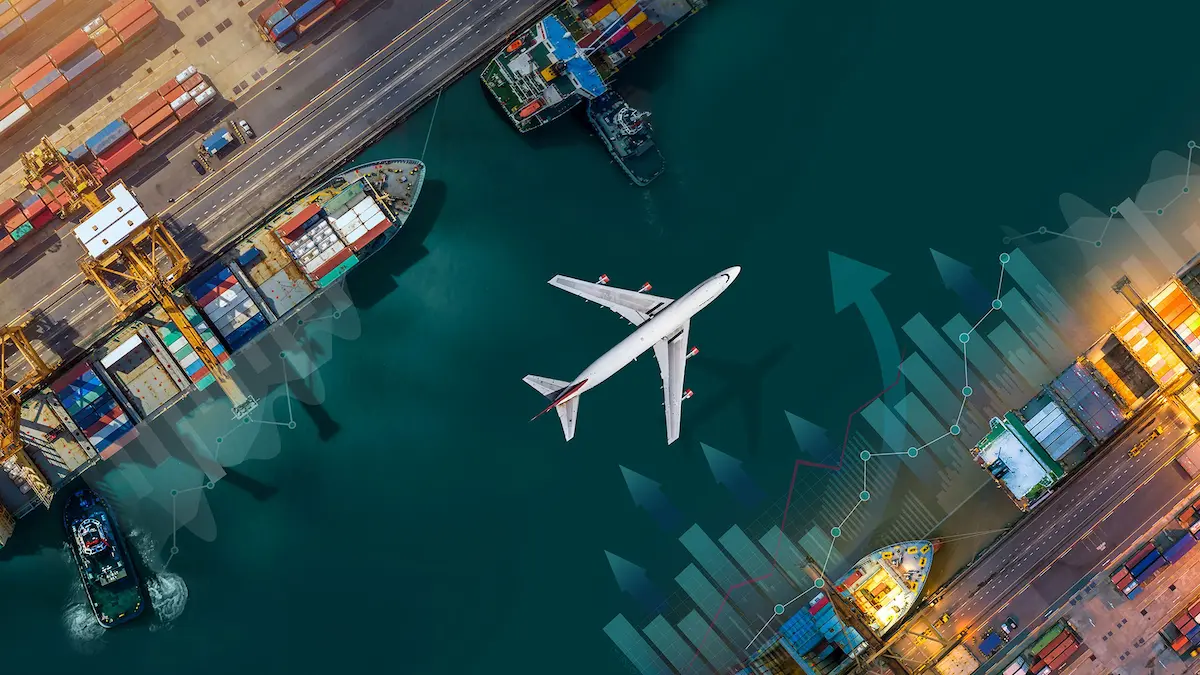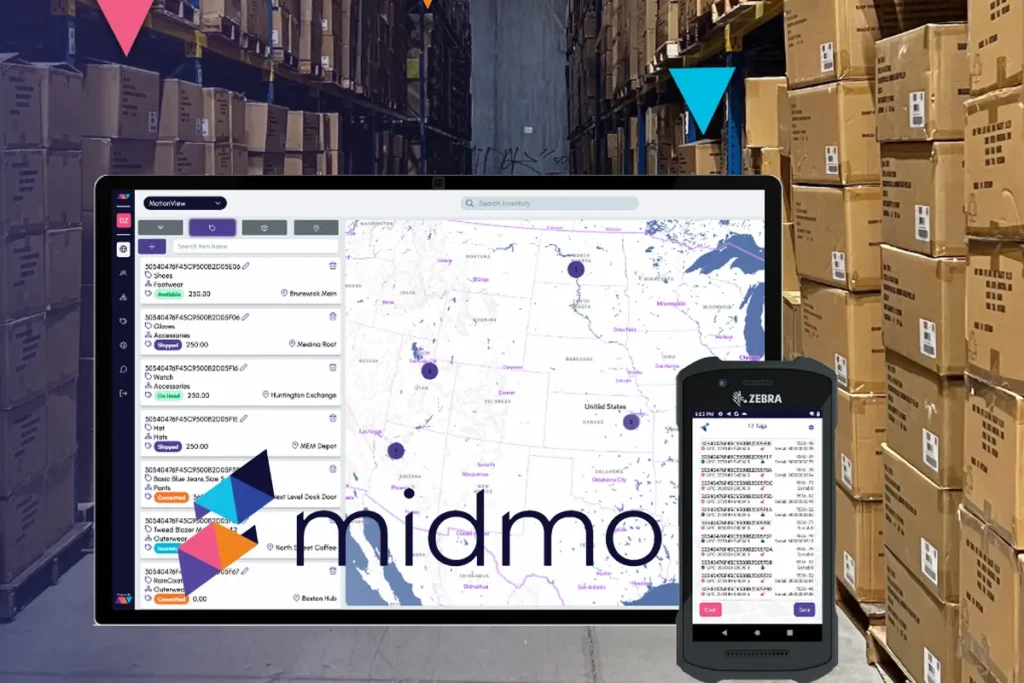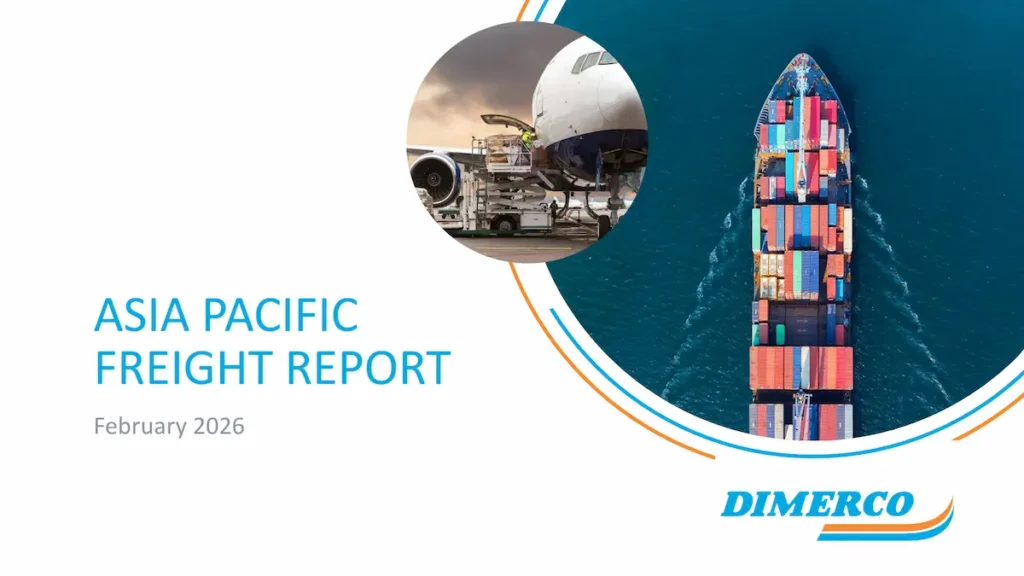The logistics industry is in the midst of a seismic shift, driven by rapid technological advancements and increasing competitive pressures.
A new research report from Trigent Software, titled Adaptive Logistics: Tech that Transforms Uncertainty into Opportunity, provides an in-depth analysis of the trends, challenges, and innovations shaping the future of transportation and logistics (T&L).
The report identifies AI, automation, and connectivity as the three fundamental pillars of logistics transformation based on insights from 86 industry CXOs across Carriers, Third-party Logistics (3PL) providers, FreightTech companies, and Shippers.
Key Findings: The technologies defining Logistics 4.0
The report highlights several crucial insights into how companies are adapting to digital disruption and evolving market conditions.
1. AI and Automation: The New Competitive Edge
Artificial intelligence (AI) is revolutionizing fleet optimization and route planning, with 88% of carriers citing it as a top priority. AI-driven decision-making is streamlining operations, reducing costs, and enhancing predictive analytics for better logistics planning.
2. Digital Challenges: The Struggle with Legacy Systems
Despite the push for digital transformation, 61% of companies admit they still depend on outdated or patched-together systems. This lack of modernization is hampering efficiency, increasing operational risks, and limiting supply chain visibility.
3. The Rise of API-Driven Connectivity
With logistics ecosystems becoming more interconnected, 37% of respondents ranked API integration as their #1 investment priority. Seamless API connectivity enhances real-time shipment tracking, communication across supply chain partners, and end-to-end visibility—all critical for meeting rising customer expectations.
What’s Next? The Future of Logistics
Beyond technology adoption, the report also identifies strategic shifts that will shape the logistics landscape in the coming years:
- The Rise of Private Fleets & 4PLs: As businesses seek greater control over logistics operations, private fleets and 4PL models are gaining traction.
- Tailored Transportation Management Systems (TMS): Companies are customizing TMS solutions to meet specialized industry needs, such as cold chain logistics and hazardous material transport.
- Cybersecurity Challenges: As digital transformation accelerates, cybersecurity has become a critical focus, with 33% of respondents identifying it as their biggest implementation challenge.
“Our research confirms that the logistics sector is undergoing a seismic shift,” said Nagendra Rao, President of Sales at Trigent Software. “AI, automation, and ecosystem connectivity are no longer optional—they’re essential for companies looking to differentiate and thrive in a competitive market.”
Download the full Trigent Research Report here.
Conclusion
The logistics industry is at a turning point. Companies that embrace AI, automation, and ecosystem connectivity will be the ones that turn uncertainty into opportunity. Trigent’s latest research underscores the need for businesses to invest in digital transformation now—or risk being left behind in an era of rapid technological evolution.
About Trigent Software
Trigent is a US-based technology services company that helps businesses modernize their IT investments through enterprise-wide digital transformation. Leveraging decades of experience and deep industry expertise, Trigent delivers actionable insights and cutting-edge solutions that drive logistics innovation, automation, and operational efficiency.













